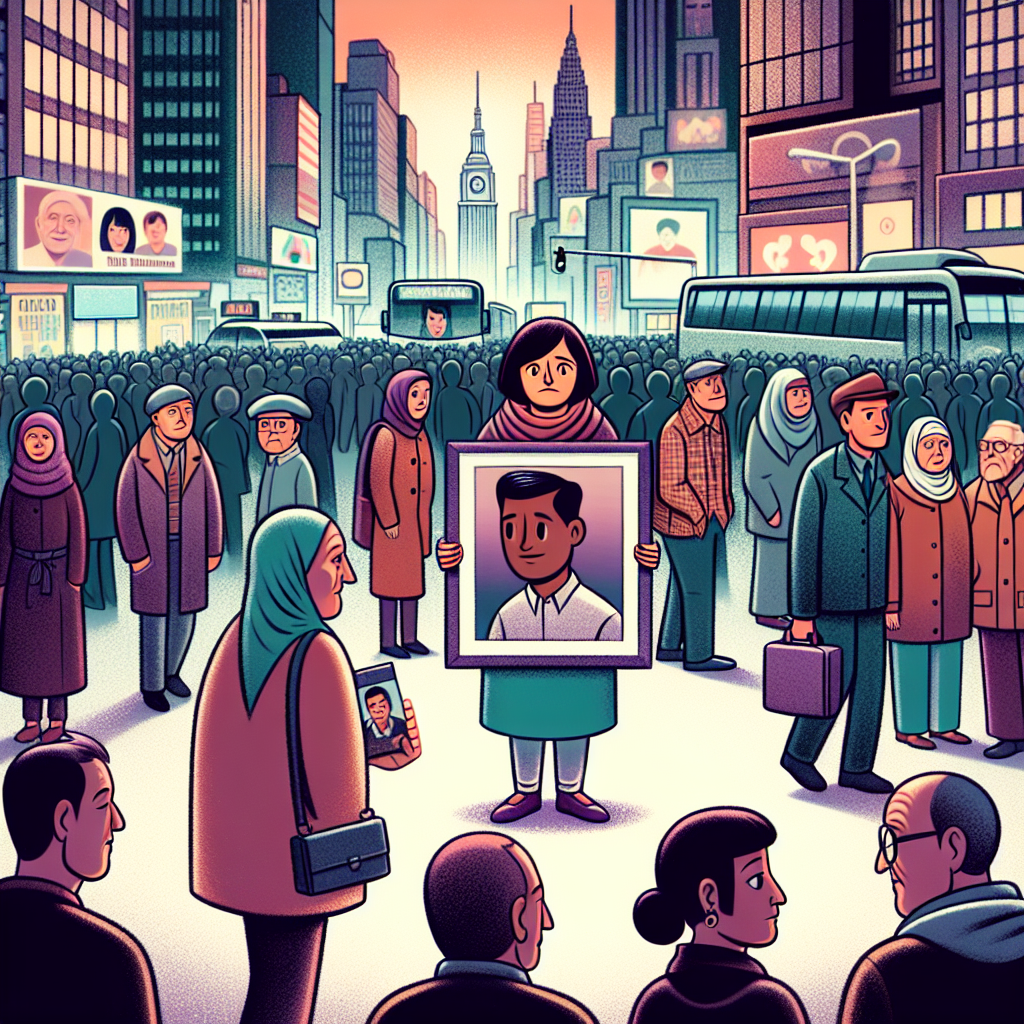Türk Hails Bangladesh’s First War Crimes Charges as Landmark for Justice and Accountability
The move represents a rare instance of state authorities in Bangladesh taking formal judicial action to address long-standing allegations of abuses linked to powerful security institutions.

In a landmark development for justice and human rights in South Asia, UN High Commissioner for Human Rights Volker Türk has welcomed Bangladesh's initiation of legal proceedings against individuals accused of enforced disappearances and torture under the country's previous administration.
"This marks the first time that formal charges have been brought for enforced disappearances in the country. It is a significant moment for victims and their families," Türk said in a statement issued by the Office of the UN High Commissioner for Human Rights (OHCHR).
The move represents a rare instance of state authorities in Bangladesh taking formal judicial action to address long-standing allegations of abuses linked to powerful security institutions.
First Charges Filed for Crimes Against Humanity
Last week, the International Crimes Tribunal (ICT) formally charged several individuals with crimes against humanity, including enforced disappearances and torture allegedly committed at two notorious interrogation facilities: the Task Force for Interrogation Cell and the Joint Interrogation Cell.
According to the Tribunal, arrest warrants have been issued for a mix of former and serving military officers, among them former Directors-General of the Directorate General of Forces Intelligence (DGFI) and former officials of the Rapid Action Battalion (RAB) — both agencies long accused by human rights groups of involvement in extrajudicial killings and disappearances.
On Saturday, the Bangladesh Army confirmed it had detained more than a dozen officers allegedly linked to the crimes. Türk urged that these individuals be promptly produced before a competent civilian court to ensure fair, transparent, and lawful proceedings.
Upholding Due Process and Victim Protection
The UN rights chief stressed that accountability must go hand in hand with justice and rule of law. "I urge full respect for the most scrupulous standards of due process and fair trial, as guaranteed in international law. The protection of victims and witnesses in these sensitive and significant cases must be ensured," he said.
Türk emphasized that these trials will test Bangladesh's commitment to human rights and judicial independence. He called for protection measures for witnesses, access to legal counsel for the accused, and transparency in all judicial proceedings.
Implementation of UN Recommendations and Legal Reforms
The move to prosecute enforced disappearances fulfills one of the key recommendations of the UN Human Rights Office's Fact-Finding Report, which investigated the deadly student-led protests of 2024. That report urged the government to ensure justice for serious human rights violations, some of which may amount to international crimes.
Significantly, the crime of enforced disappearances is now formally recognized in Bangladesh following its ratification of the International Convention for the Protection of All Persons from Enforced Disappearance in August 2024, and an amendment to the International Crimes Tribunal Act to include such offenses.
"These legal steps are critical, but their true test lies in implementation," Türk said. "They must be followed by independent, impartial investigations and genuine accountability for all perpetrators, regardless of rank or political affiliation."
Addressing Legacy Cases and Ongoing Abuses
The High Commissioner urged Bangladeshi authorities to address the large backlog of pending human rights cases, including those dating from previous administrations. He called for swift due process and fair resolutions for all detainees — particularly those arbitrarily detained, such as survivors of enforced disappearances, journalists, and political dissidents.
Many of these individuals, Türk noted, continue to face criminal charges under the restrictive Anti-Terrorism Act, which has been criticized by international observers for curtailing freedom of expression and enabling politically motivated prosecutions.
"The prompt release of anyone arbitrarily detained, especially those targeted for exercising their basic rights, is essential to rebuilding public trust," Türk said.
No to Death Penalty, Yes to Truth and Reconciliation
Türk reiterated the UN's longstanding opposition to the death penalty, urging Bangladeshi authorities not to pursue capital punishment in any of the ongoing or future cases. Instead, he advocated for a comprehensive national process of truth-telling, reparation, and reconciliation.
"Beyond ensuring individual accountability, the best way forward for Bangladesh is a comprehensive process of truth-telling, reparation, healing, and justice," he said. "Such a process must address the legacy of serious human rights violations and ensure that these abuses can never happen again."
He added that the interim government must act in line with international human rights obligations to address both past atrocities and ongoing concerns, including threats to freedom of the press and civil liberties.
A Turning Point for Bangladesh
The High Commissioner described the initiation of these proceedings as a turning point in Bangladesh's long struggle with impunity, enforced disappearances, and extrajudicial practices. Human rights defenders say the process could mark the beginning of a long-overdue reckoning for decades of abuse by state security forces.
If conducted fairly, these trials could establish a new precedent for accountability in Bangladesh — one where no one is above the law, and where victims finally see justice after years of silence.
ALSO READ
-
Pakistan and Bangladesh Military Leaders Forge Stronger Defence Ties
-
Europa Group: Transforming Agricultural Infrastructure in Bangladesh
-
Cross-Border Crackdown: Arrest of Suspected Bangladesh Nationals in Shillong
-
Europa Group: Transforming Bangladesh's Agricultural Landscape
-
Bangladesh Spinners Decimate West Indies in Historic ODI Triumph









